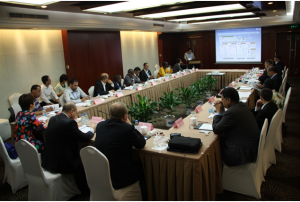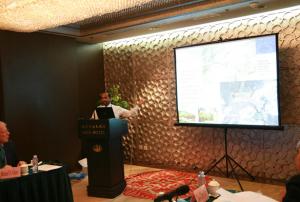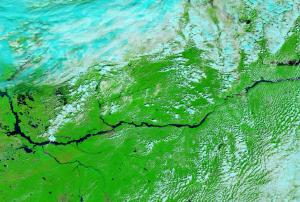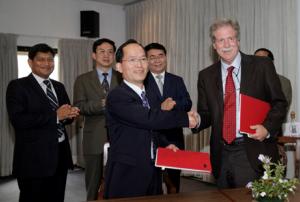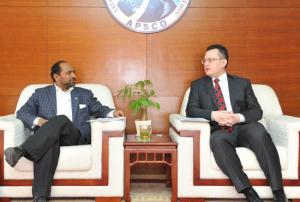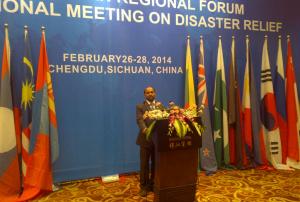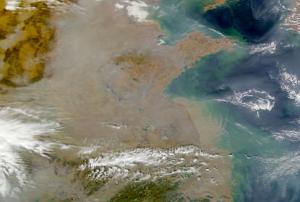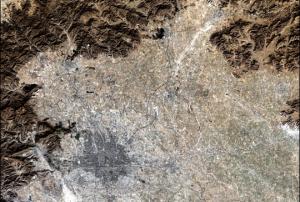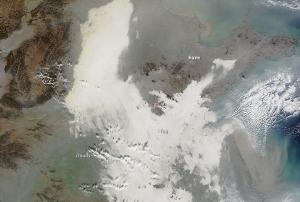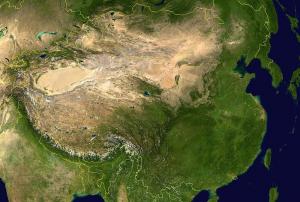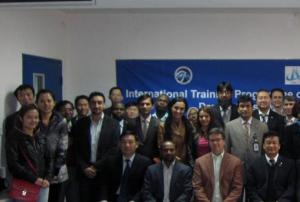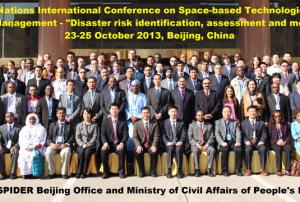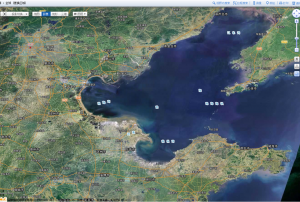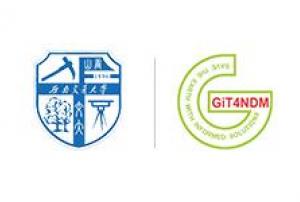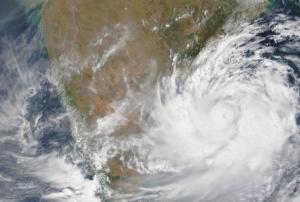UN-SPIDER participated in the International Seminar on Application of Communication Technology in Disaster Reduction and Prevention organized by the International Civil Defence Organisation (ICDO) in Suzhou, China from 26 to 29 May 2014. UN-SPIDER's expert Ms Longfei Liu gave a lecture on space-based information for disaster assessment and prevention.
19 participants from 16 ICDO member countries and more than 10 international experts attended the seminar. It mainly aimed to enhance the understanding and practical experience of the communication technology for supporting disaster risk reduction. The seminar introduced theories and applications of modern communication through lectures, technical analysis, case studies and simulation exercises focusing on the application of mobile, satellite and…
more